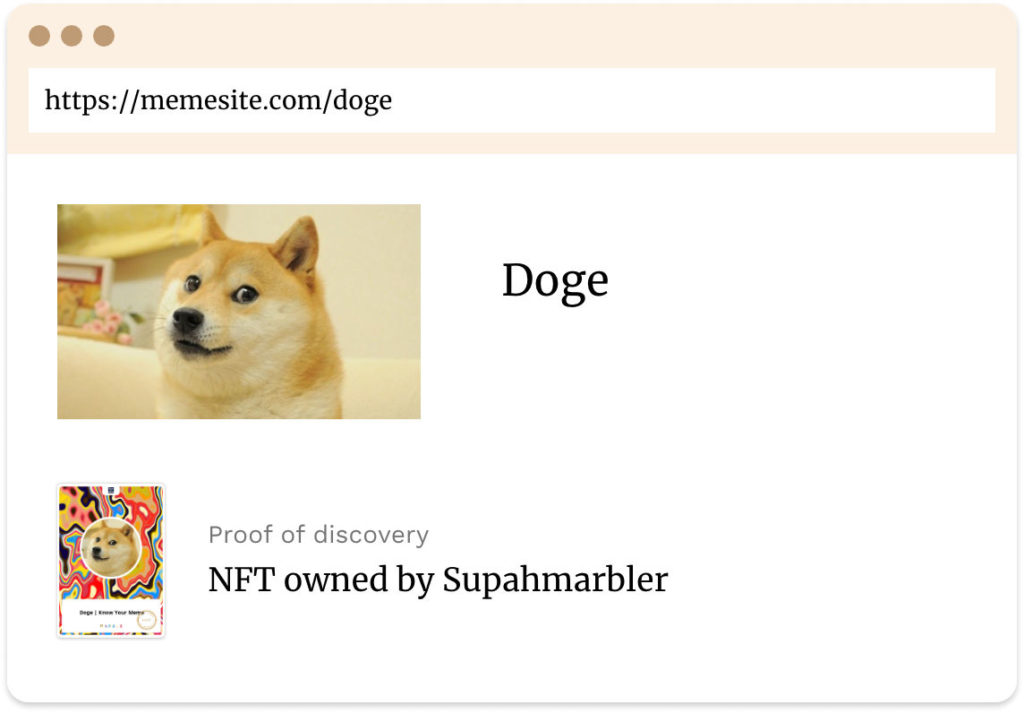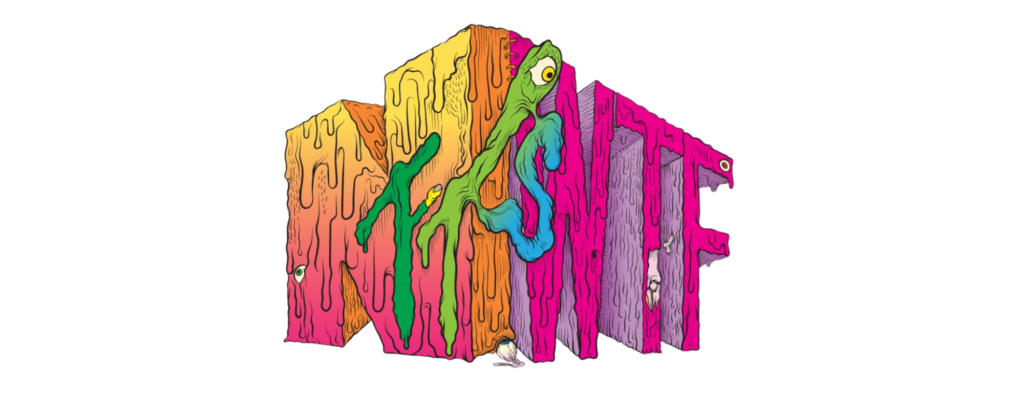I recently had a zoom chat with Johan of Meme.com wherein we discussed his upcoming launch, how memes fit into blockchain and much more:
D: You’ve recently raised over 5 million in VC backing for this new meme blockchain project. So, speaking about memes, what makes them so valuable in our society today?
J: I think they are the most fun way to tell stories. They’re also very effective in getting the story told, and there’s also a really strong internal recognition as in “oh, I understand what this means.” This meme understands, and so do you. It’s like this connection between people and it’s a lot of fun! So that’s why I think it’s so powerful. And that people can relate to it as well is a big part of it.
So I’ve almost turned into when I talk I find myself more and more referring to memes. “It’s like that meme.” You know?
D: It’s become part of our vocabulary at this point, it’s not so foreign.
J: Yeah exactly!
D: So for you, what’s the connection between memes and blockchain?
J: I think it’s the way to measure the value of the memes. I think we are moving towards a trend where more and more things become financialized. And the line between entertainment and speculation is blurring. And so there I think that memes, and trying to determine the value of memes is a great way for people to speculate on the popularity of things, and try to ascribe value to them. And that’s where crypto comes in.
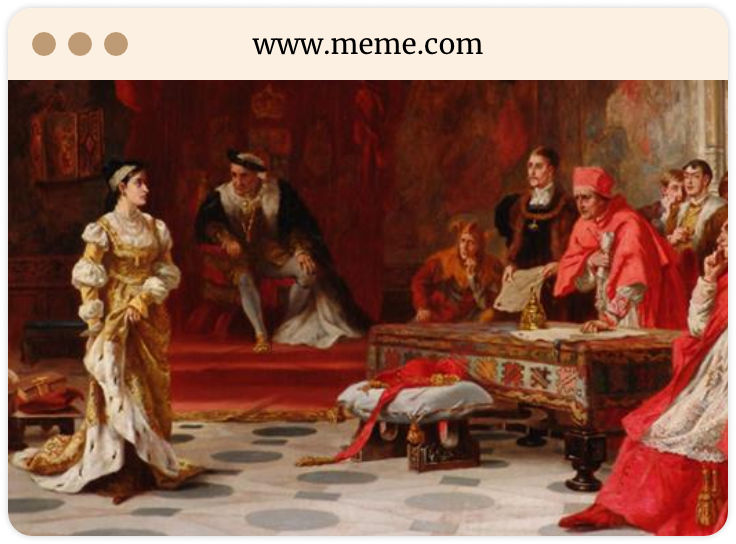
D: Excellent, and perfect transition. The first “meme currency” that gained popularity was Dogecoin. How do you feel about Dogecoin?
J: It’s definitely an inspiration, it’s the first time a token’s value came from a meme. And it kind of opened the door to the notion that anything can be valuable as long as people agree that it is valuable. So I think that it opened the door to much of our thinking, both around Marvel Cards but also around meme.com as well.
D: Awesome. The universal value, or ability to use technology to measure value has been discussed as being one of the most important elements of this whole space. The certification aspects of NFTs or tokens. So when you start to see different coins popping up, it makes sense that the ones that are the most popular are the ones that have the most pop-culture value. So to me, it makes sense. I’m also someone who has done a lot of research in this space – I did my master’s thesis on NFTs and DeFi. So this next question isn’t coming from a place of criticism – but more so just to get your opinion:
Hearing people use the term “Shitcoin” to describe something like Doge – how does that make you feel – or what is your response to those that tout similar projects as less than valid?
J: I think that people use “Shitcoin” because that’s just what they’ve always said when describing something that’s not Bitcoin. In most cases, it is just used to describe something as a “non-Bitcoin-coin.” That being said, I can totally understand why people think that Dogecoin is a joke and we look at some of the other meme coins that have popped up recently and many of them are definitely not here for the long term. But I think that the trend where people speculate on things where the value comes from the name of the coin for example. I think that it’s an interesting trend that will, moving forwards, be refined. And we will see more interesting use cases pop up that tap into this speculation on trends.
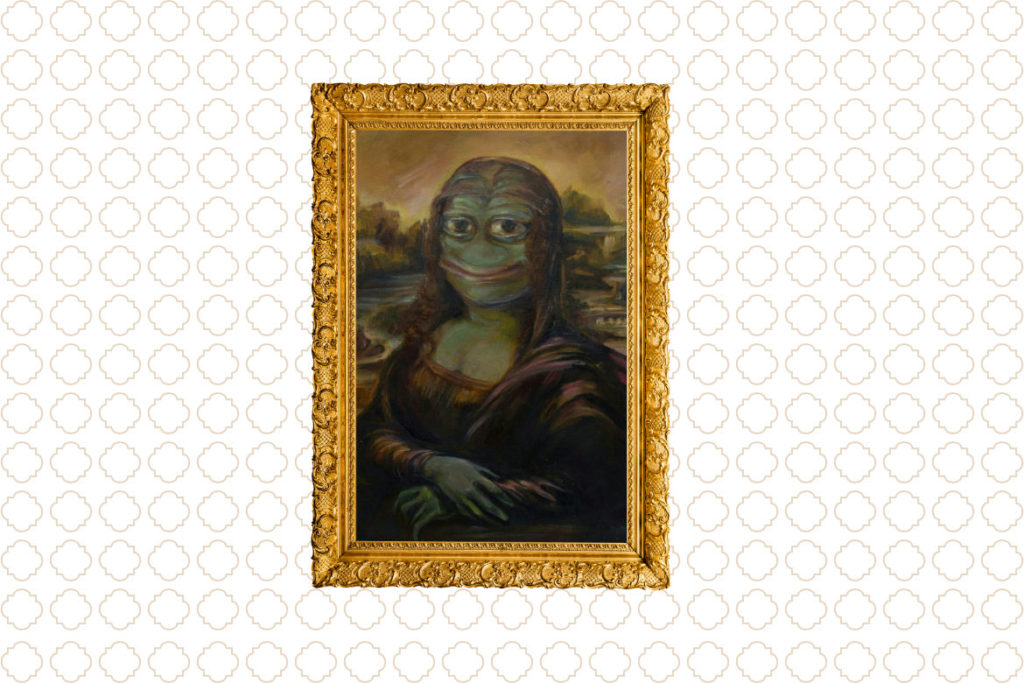
D: And I think it also does tap into a little bit of the reality of all kinds of investments within this ecosystem. A lot is, to a degree, speculation. You can do your research, you can have 10-year projections; but they’re projections, right? And I think something really interesting that a lot of companies have done is to just go to “Shitcoin” conferences – like the one that just happened in Miami. And projects like Cardano were even there, projects that are new but really respected in the space. And they’re almost embracing the term “shitcoin” as in – call us what you want. How do you feel about that? Do you see a future in almost “memefying” the response to these meme coins?
J: Sure – that’s marketing. If they can get a result from that, then sure, why not. I do think that the memetic layer of things – take something like Gamestop for example – where people bought into it just because it was a meme on Reddit. I think potentially more companies and coins will try to embrace that and capitalize on that somehow. So we’ll probably see more and more weird attempts at getting this meme thing running. It will be interesting to see as I’m sure some will come up with interesting ways to achieve that. So it will be interesting to follow.
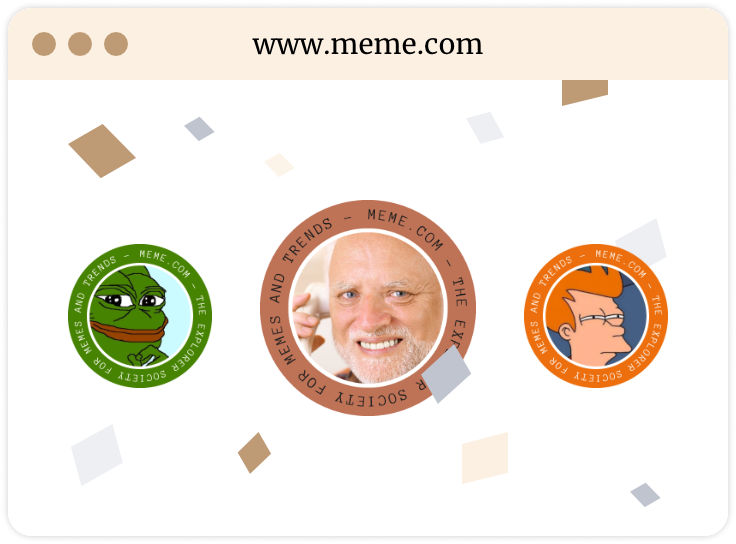
D: Absolutely, and again – perfect segue – thinking about some of these larger meme coin projects (like Doge or Shiba). A lot of the early adopters are trying to find more and more use cases for those currencies. Even being as simple as accepting them at their local businesses etc. How do you feel about that response from the community? Do you see a future in people trying to find more use-cases for these coins?
J: I think the value of the coins comes from the value of their memes. And so, if I have a local business that accepts it, I don’t think it has much impact on the actual value of that coin. So I think for a meme coin to be successful, it simply has to have a very strong meme. Which Dogecoin has, for example. I think when it comes to meme.com – the coins are means to an end. The goal of the platform is to try to quantify the value of the memes. To see what is trending at the moment, what people believe in. And so the platform itself can give value to the coins. But I think that for standalone meme coins, the meme is everything. So for it to be valuable it has to have strong marketing basically.
D: That makes a lot of sense. It sounds like something that you’re going to provide which doesn’t exist right now is the quantifiable data about specific memes and their popularity. Maybe they can go on other sites and databases to see some information about the history, but they can’t really get stats, which people who are investing on any level really want. So maybe with that in mind – to people who want to make the argument that this is investing and not gambling – what is your response to naysayers?
J: So we like to describe ourselves as: if Wikipedia and Dogecoin had a baby. And what we mean by that is – you have sites like Wikipedia, Knowyourmeme, etc. Where you can go to get the history, and maybe some extra links and content. But where it gets interesting is where we can actually get ‘skin in the game data.’ Where we can actually see that people are believing in this meme and putting money behind it. Or people are creating NFTs around this meme which are selling for X amount. So I think it adds another layer of analytics or data when you add financial mechanics to it.
D: Perfect. And I think that’s really what people need in the space right now to ease a lot of speculation. And also just to have some specific projections in the space, so that’s awesome. So just wrapping things up, with this venture in mind – what’s the future of memes in crypto – is there anything in particular with this project that you’re particularly excited about at the moment?
J: We’re launching the first version of the meme market in July. Before we were Meme, we were Marvel Cards which is an NFT platform that has been around since 2018. So we’ve been building that, and now we’re finally ready to start launching big sites that people can “Marvel” from. So we just launched Spotify, our biggest launch yet. And we’re planning on launching Twitter and Instagram and YouTube in the coming two months. So we’ll correlate with the launch of meme.com hopefully and get a lot of people to engage.
